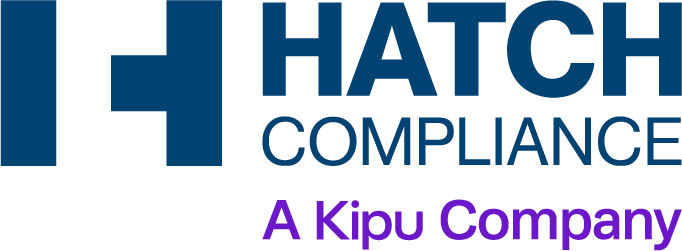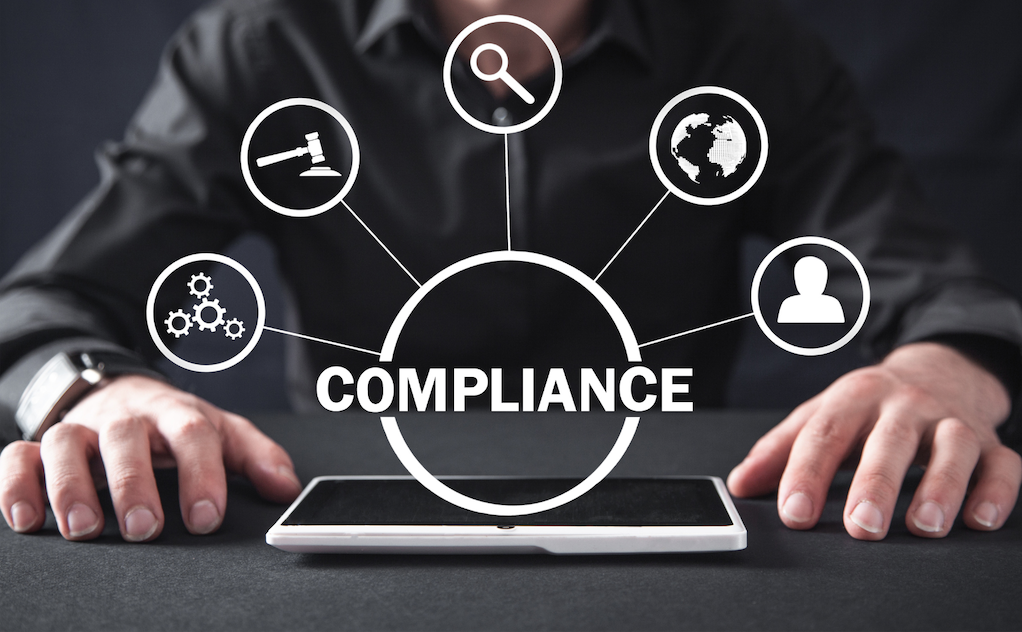Navigating the ever-evolving landscape of compliance standards in behavioral healthcare is vital for organizations to maintain ethical practices and provide optimal care. In today’s dynamic environment, staying abreast of regulatory changes is not just advisable but imperative. Let’s delve into essential aspects of adapting to these standards and ensuring compliance within your organization.
Understanding Compliance Standards: Compliance standards in behavioral healthcare encompass a spectrum of regulations aimed at safeguarding patient rights, privacy, and quality of care. These standards often stem from federal laws, such as HIPAA (Health Insurance Portability and Accountability Act), and state-specific regulations. Familiarizing yourself with these guidelines is the cornerstone of compliance readiness.
Implementing Robust Policies and Procedures: Establishing comprehensive policies and procedures tailored to meet regulatory requirements is paramount. This includes protocols for data security, patient confidentiality, staff training, and incident reporting. Regular reviews and updates to these policies ensure alignment with the latest standards and mitigate compliance risks.
Investing in Staff Training: Educating staff members on compliance protocols fosters a culture of accountability and adherence to best practices. Training sessions should cover topics such as handling sensitive information, maintaining professional boundaries, and recognizing potential compliance violations. Equipping employees with the knowledge and skills to navigate compliance challenges strengthens the organization’s overall compliance posture.
Leveraging Technology Solutions: Embracing technology solutions designed for compliance management streamlines processes and enhances efficiency. From electronic health records (EHR) systems to secure communication platforms, leveraging technology not only facilitates adherence to regulatory requirements but also enhances data accuracy and accessibility.
Regular Audits and Monitoring: Conducting regular internal audits and monitoring activities is essential for identifying areas of non-compliance and implementing corrective actions promptly. These audits may include reviewing documentation, assessing staff adherence to protocols, and evaluating the effectiveness of existing compliance measures. Proactive monitoring enables organizations to address compliance gaps before they escalate into significant issues.
In conclusion, staying compliant with evolving standards in behavioral healthcare is a continuous journey that demands dedication and vigilance. By understanding regulations, implementing robust policies, investing in staff training, leveraging technology, and conducting regular audits, organizations can navigate compliance challenges effectively. Remember, compliance is not just about meeting regulatory requirements but also about upholding the highest standards of patient care and organizational integrity. For assistance or more information on compliance matters, don’t hesitate to reach out to Hatch Compliance, the compliance experts who can guide you through the complexities of regulatory compliance in behavioral healthcare.
www.HatchCompliance.com // Info@Hatchcompliance.com













